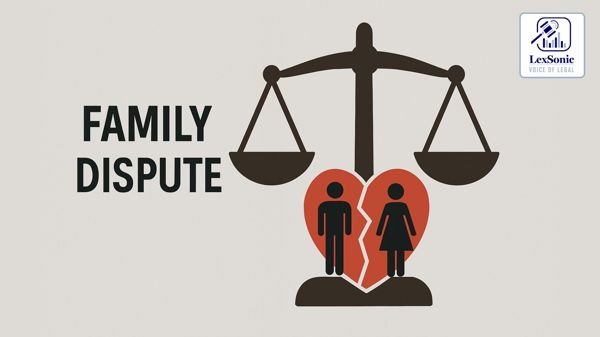Breaking Point: Delhi High Court Grants Divorce Due to Alleged Cruelty in High-Stakes Marital Battle.
02 April 2024
Divorce Law >> Family Law | Family dispute >> Family Law | Hindu Marriage Act >> Marriage Law
In a recent judicial case of Sh. Avneshwar Singh V/S Monika, the appellate court has granted divorce to an Appellant-husband under Section 13(1)(ia) of the Hindu Marriage Act, 1955, citing acts of cruelty by the Respondent-wife. The case, which originated from the Family Court, involved intricate allegations and counter-allegations from both parties, highlighting the complexities of marital disputes.
The Appellant-husband had filed for divorce, alleging severe mental torture and anguish inflicted by the Respondent-wife since the early days of their marriage. Among the grievances cited were threats with a kitchen knife, vulgar messages, and unreasonable financial demands that surpassed his financial means. Additionally, he accused the respondent of displaying disinterest in the marital bond soon after their union and recounted instances of verbal abuse and threats from her family members.

In response, the Respondent-wife vehemently refuted these claims, asserting that it was the appellant who had subjected her to mistreatment and neglect. She cited incidents such as her medical complications during pregnancy, alleging lack of support and harassment over dowry demands from the Appellant and his family.
The Family Court, after hearing both sides and examining the evidence presented, dismissed both the Appellant's petition for divorce and the Respondent's petition seeking restitution of conjugal rights. The court pointed out insufficient proof for the claims made by either party and noted discrepancies in the evidence presented.
However, the appellate court, upon review, found merit in the Appellant's appeal. It underscored the Respondent's admission to sending derogatory messages and complaints to the Appellant's employer, actions that the court deemed as constituting mental cruelty under the provisions of the Hindu Marriage Act. The court also took into consideration the prolonged legal battles between the parties and the overall deterioration of their relationship over time.
In its decision, the appellate court emphasized that the cumulative effect of the Respondent's behaviour had irreversibly damaged the marital bond. Despite attempts at mediation, which failed to yield a resolution, the court concluded that the marriage had reached a stage beyond repair. Citing precedents and legal principles, the court granted divorce to the appellant, overturning the Family Court's decision.
The case highlights the sensitive nature of marital disputes and the legal framework under which such issues are adjudicated. It also underscores the importance of evidence and substantiation in proving claims of cruelty in divorce proceedings under Indian law.
This decision stands as a testament to the judiciary's commitment to upholding justice and protecting the rights of individuals within the institution of marriage, ensuring that legal recourse remains accessible for those facing irreconcilable difference.
HINDU MARRIAGE ACT, 1955 Family Courts Act, 1984
